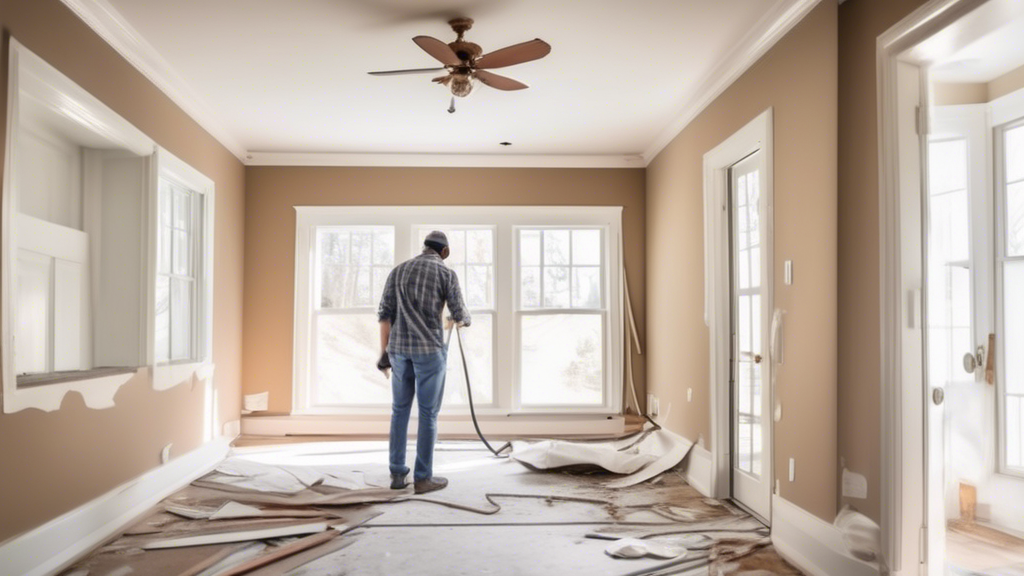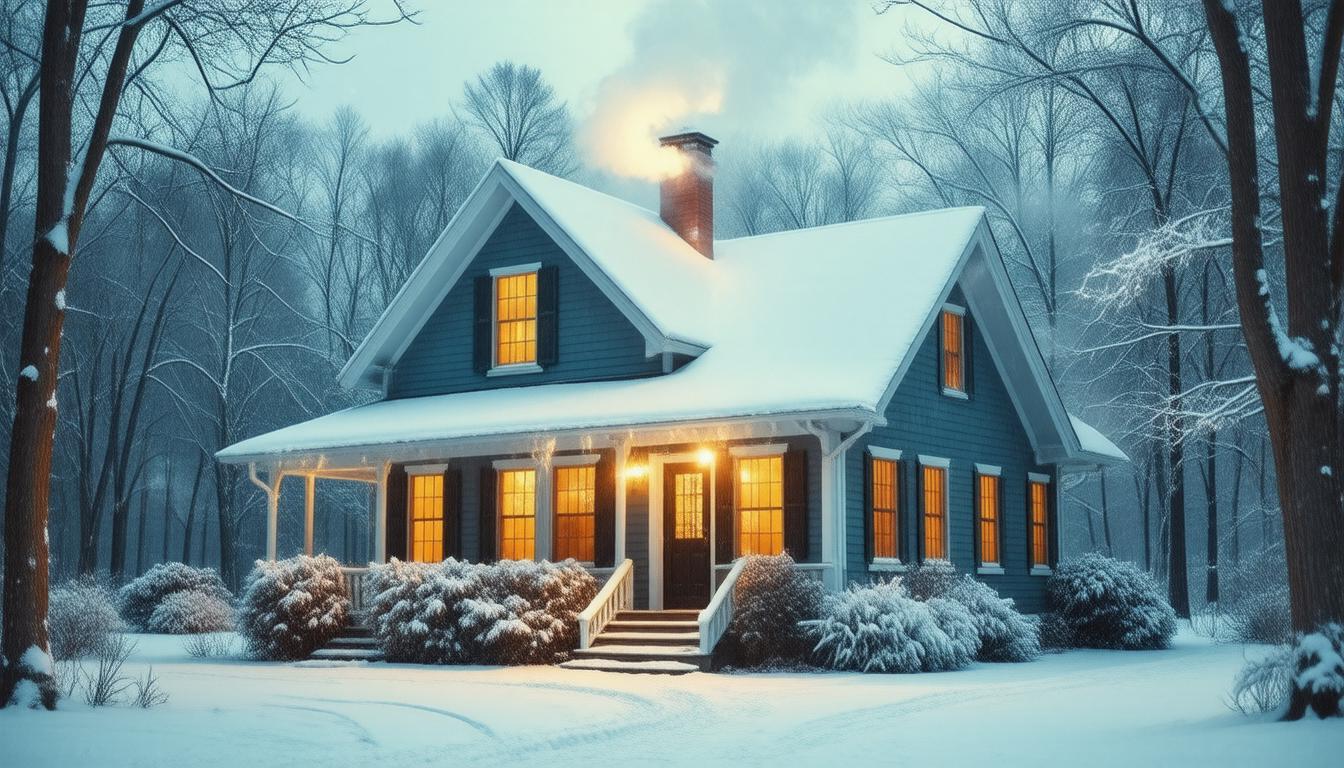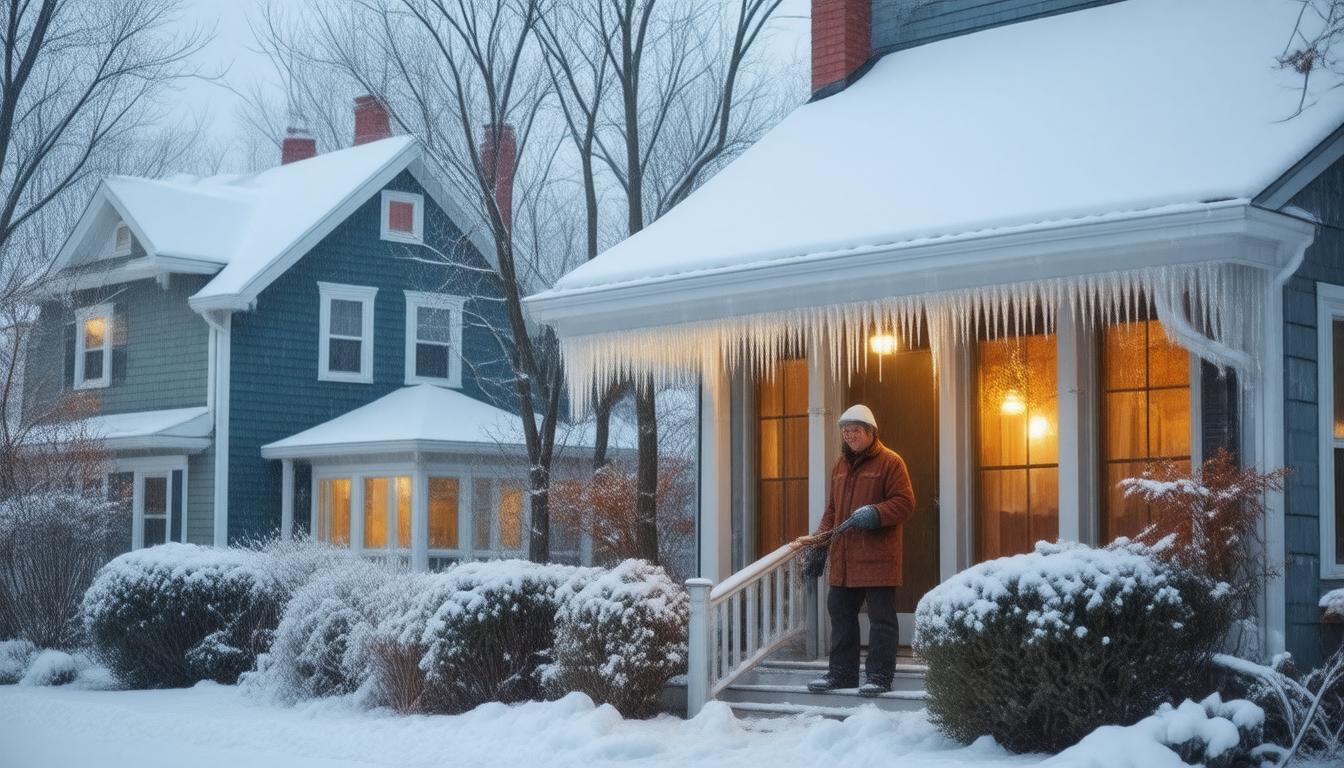

The Essential Guide to Home Inspections
Home inspections play a pivotal role in the home buying process. These inspections provide an unbiased and noninvasive evaluation of a property, allowing buyers to identify potential issues before finalizing the purchase. By understanding the true condition of the home, buyers can make more informed decisions, potentially saving themselves from future financial burdens related to unexpected repairs.
Common Issues and Buyer’s Remorse
Home inspections commonly uncover significant problems like cracked foundations, warped doors, and malfunctioning electrical panels. These issues, left unchecked, can lead to costly repairs in the future. Despite the risks, some buyers may choose to forgo home inspections in an attempt to gain a competitive edge in a hot market. Unfortunately, this decision often leads to buyer’s remorse, as undetected problems reveal themselves over time, resulting in unanticipated expenses and stress.
Furthermore, the home inspection process is thorough, involving detailed evaluations of major systems and physical components of the property. It is beneficial for buyers to participate actively in this process to ensure all aspects are thoroughly examined. This proactive involvement can provide added peace of mind and a deeper understanding of the home’s condition.
Regulation and Alternatives
The regulation of home inspectors varies from state to state. While some states require inspectors to be licensed and adhere to specific inspection criteria, others do not impose such regulations. Therefore, it is important for buyers to verify the credentials and expertise of their chosen home inspector.
In certain competitive markets, some buyers opt to waive home inspections altogether, turning instead to home warranties to cover potential repairs and replacements of home systems and appliances. While a home warranty can be a useful safety net, it is not a substitute for a comprehensive home inspection, which provides a clear picture of the property’s current state.
On average, about 65% of buyers of new homes report uncovering issues during inspections, with 24% of homes not passing the first inspection due to minor problems. Commonly found issues include HVAC system problems and safety concerns such as rickety banisters and loose wiring. Despite the varying costs associated with home inspections, this step is generally viewed as a crucial investment to avoid future expensive repairs.
Ultimately, it is highly recommended that buyers do not skip the home inspection step. The valuable insights gained from a home inspection can save buyers from significant financial burdens and ensure the property meets their expectations. For those looking for professional home inspection services, visit Spokanerooter.com for more information.







